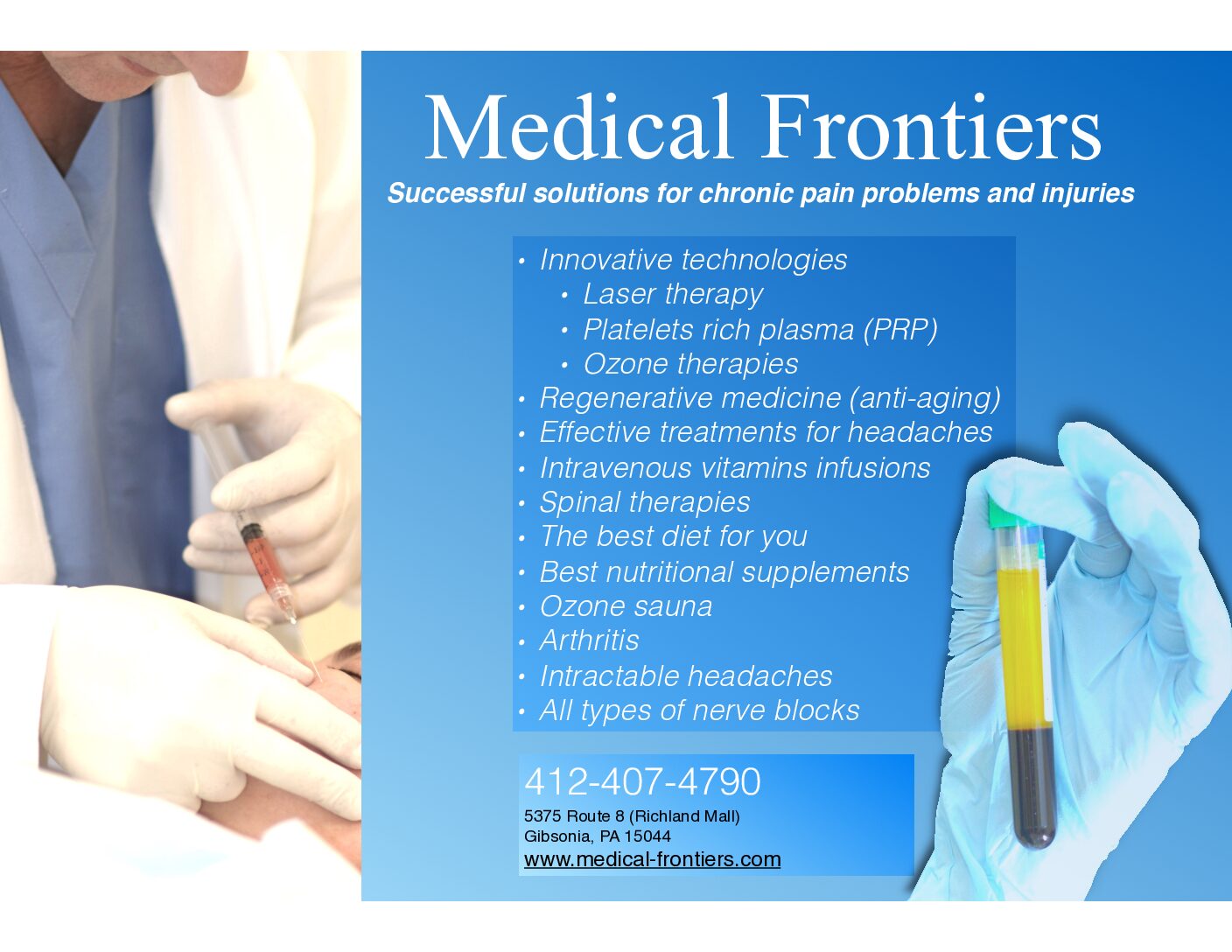Vitamin C (ascorbic acid) is absolutely essential for optimal health. It is so important that most animals and birds produce their own ascorbic acid and the production increases many folds in the time of stress or illness and is essential for quick recovery. This surge of the ascorbic acid levels in some animals would be equivalent to intravenous (IV) administration of 75 – 100 Gm of Vitamin C for average human. Mysteriously, humans and most primate apes lost the ability to make ascorbic acid.
Meanwhile, official recommendations in the US for daily intake of Vitamin C is 65 – 90 mg – how pathetic!! Medical Frontiers recommends at least 1 – 4 Gm daily for prevention and as much as is tolerated by your stomach in the time of illness in divided doses daily.
Vitamin C is necessary in many metabolic reactions of the body and is essential for effective function of the immune, cardiovascular and neurologic systems and in the synthesis of collagen and connective tissues.
Vitamin C is one of the most powerful anti-oxidants and it is unique in a way that can be given intravenously in very high therapeutic doses, causing no harm to the patient. This property of makes Vitamin C an anti-oxidant of choice in clinical setting.
In our daily lives, we are constantly exposed to, oxidative stress. This oxidative stress produces free radical species (highly reactive oxygen molecules) that go into oxidation reactions with other molecules of proteins (enzymes, structural proteins, functional proteins), cells membranes, our DNA and lipids “stealing electrons” from these molecules – they are the bad guys. Anti-oxidants on the other hand are the good guys. They donate electrons to tissues and restore electrical balance in molecules.
We already talked about sources of oxidative stress in a previous article. Briefly, any chronic disease and specially cancer cause oxidative stress and all environmental pollutants are free radicals. Special mention here deserves cigarettes smoking and anti-cancer drugs.
Antioxidants
Our cells are protected from the attack by free radical species by intracellular anti-oxidant systems such as glutathione, superoxide dismutase (SOD) and catalase (CAT). These systems, however, can easily become overwhelmed and depleted in today toxic environment.
Vitamin C and other anti-oxidants taken in therapeutic doses consume free radical species and not only prevents further depletion but also allow the cells to restore the intra-cellular anti-oxidants and bring cellular function back to normal.
The miracle of intravenous Vitamin C
Vitamin C can be safely administered in high doses by IV infusion and has powerful beneficial effects on many organs and systems. Below is a list of just a few:
- Cardiovascular system:
Vitamin C protect endothelial cells (cells lining blood vessels) against free radicals. These cells control most of the functions of blood vessels, including dilatation and constriction. Dysfunction of the endothelial cells leads to:
- leakage from the vessels and edema,
- arterial hypertension,
- arterio-sclerosis (hardening of the arteries),
- coronary artery plaque formation and heart attack.
Vitamin C reverses unresponsiveness of small vessels which occurs in sepsis that leads to dangerously low blood pressure and sometimes death. Vitamin C increases nitric oxide level in blood vessels further normalizing blood pressure.
Recent study on critically ill septic patients who did not respond to intravenous antibiotics treatments showed improvement and recovery after receiving intravenous Vitamin C in high doses.
- Vitamin C affects numerous genes controlling inflammation. Let’s remember that inflammation is the cause of hypertension, heart attack, arthritis and many neurologic conditions. Vitamin C also activates genes that regulate energy production in cells (ATP).
- Brain and nervous system:
Vitamin C reaches high concentrations in the brain underscoring its importance in the brain health. It pays important role in:
- production of neurotransmitters: epinephrine, norepinephrine, dopamine, some peptide hormones.
- brain development in childhood – enhance maturation of synapses
- stimulates myelin production (lining around the nerves) – gaps in myelin sheaths lead to multiple sclerosis (MS). Intravenous Vitamin C brings dramatic improvements in MS patients.
- Vitamin C increases the level of acetylcholine in the brain by inhibiting acetylcholinesterase. Low level of acetylcholine is present in patients with Alzheimer disease who also have low level of Vitamin C in the brain. Vitamin C improved memory in Alzheimer disease animal model study.
- Vitamin C reduces severity of stroke by increasing glutathione level in cells. Low glutathione level is also responsible for liver failure in Tylenol poisoning.
- Immune system:
Vitamin C is essential for normally functioning phagocytes and T-cells which the first responders of immune system for any infection.
- Vitamin C IV in high doses is a chelating agent that bounds heavy metals and is a great for detoxification. –
- Cancer patients:
Cancer patients have very low levels of Vitamin C because of severe oxidative stress caused by cancer mass that consumes all anti-oxidants including Vitamin C. Recent research has shown that Vitamin C IV have powerful anti-cancer properties. Intravenous Vitamin C in high doses is toxic to cancer cells directly and this includes cancer stem cells which are responsible for cancer come back after “successful” chemotherapy or radiation. Please notice that neither radiation nor chemotherapy kill the cancer stem cells which make Vitamin C an excellent complementary addition to cancer treatment.
How much Vitamin C we can take orally? No more than 10 gm daily in divided doses, usually much less. This is due to the fact that higher doses of Vitamin C taken orally cause stomach irritation, nausea and diarrhea. Vitamin C in high therapeutic doses can only be given intravenously.
Indications for IV Vitamin C:
- General health improvement
- Cardio-vascular disease (hypertension, heart disease, peripheral vascular disease, swelling)
- Neuro-degenerative conditions (MS, Alzheimer disease, Parkinson disease)
- Chronic and acute infections (sepsis, and any bacterial injections, Lyme disease, hepatitis C, common cold, shingles, many other)
- Heavy metals exposure and toxicity
- Liver failure
- Chronic and acute wounds, trauma and surgery
- Treatment of cancer in addition to conventional therapies
Vitamin C can be combined in infusion with other vitamins or nutraceuticals depending on the problem treated.



